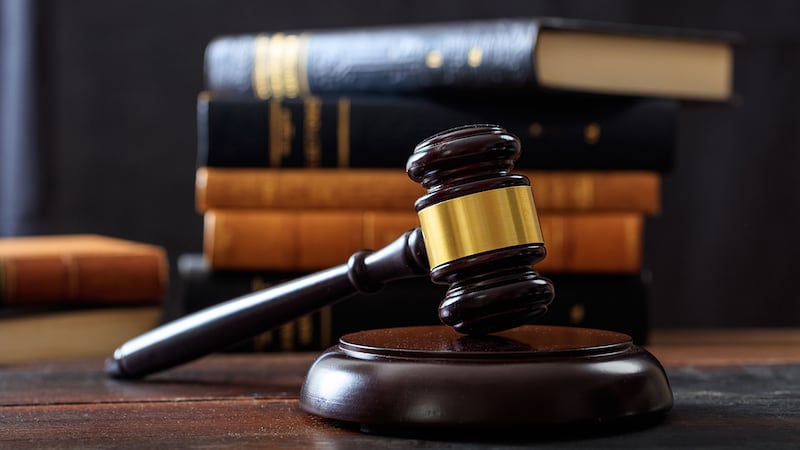WELLESLEY, Mass. — Mass Bay Community College will feel no direct effect from the Supreme Court decision to end affirmative action admissions. But half the students attending the two-year college wind up transferring to four-year institutions that will be affected.
“This is a setback for the country and for all of the students trying to get access,” said MassBay President David Podell, PhD. “Not surprising, perhaps. But disappointing. It means the quality of education is less because in a college it’s important to have a diversity of students so that students can learn from each other.”
Podell, who worked at four-year colleges prior to assuming the presidency at MassBay, said achieving on-campus diversity will be very difficult with no knowledge of a student’s race.
“If this were a society where race was not an issue I would say, sure,” said Podell. “But the reality is, and you can just look back in history, including recent history -- and see the imbalances and the under-representation.”
Jonathan Feingold, PhD is a professor at the Boston University School of Law. He specializes in issues of race and law, critical race theory and affirmative action. Last fall, Feingold filed an amicus brief in the college admissions cases.
Feingold said the court essentially ignored the new-found consciousness of structural racism that many Americans acquired during the Black Lives Matter protests in 2020.
“What the Supreme Court did, in quite undemocratic fashion, was to say... sorry, country. We’re sorry that the majority of Americans want to take even modest steps to reckon with our ugly history that remains with us,” Feingold said.
Feingold said the rationale for the Supreme Court decision was ‘colorblindness.’
“On the one hand, it’s sort of a non-controversial aspiration that race not matter,” he said. “But then the very radical notion that the way for race not to matter is to blind ourselves to race and racism.”
Saturday, some Harvard University students are planning a rally in opposition to the Supreme Court decision. But for Melissa Ribeiro, a college student from Milford, the issue is more complicated. Ribeiro said she grew up in Boston -- with neighbors who were primarily Black and Hispanic.
“You would assume, oh, maybe this white person isn’t struggling,” she said. “But they live in the same neighborhood, same rates of crime or maybe lack of opportunity or transportation. So it’s not just whether you’re white or black. It’s just where you live.”
Ribeiro said the decision could be a good thing for her -- but she also thinks a person’s race can say something about the help they need.
This is a developing story. Check back for updates as more information becomes available.
Download the FREE Boston 25 News app for breaking news alerts.
Follow Boston 25 News on Facebook and Twitter. | Watch Boston 25 News NOW
©2023 Cox Media Group





